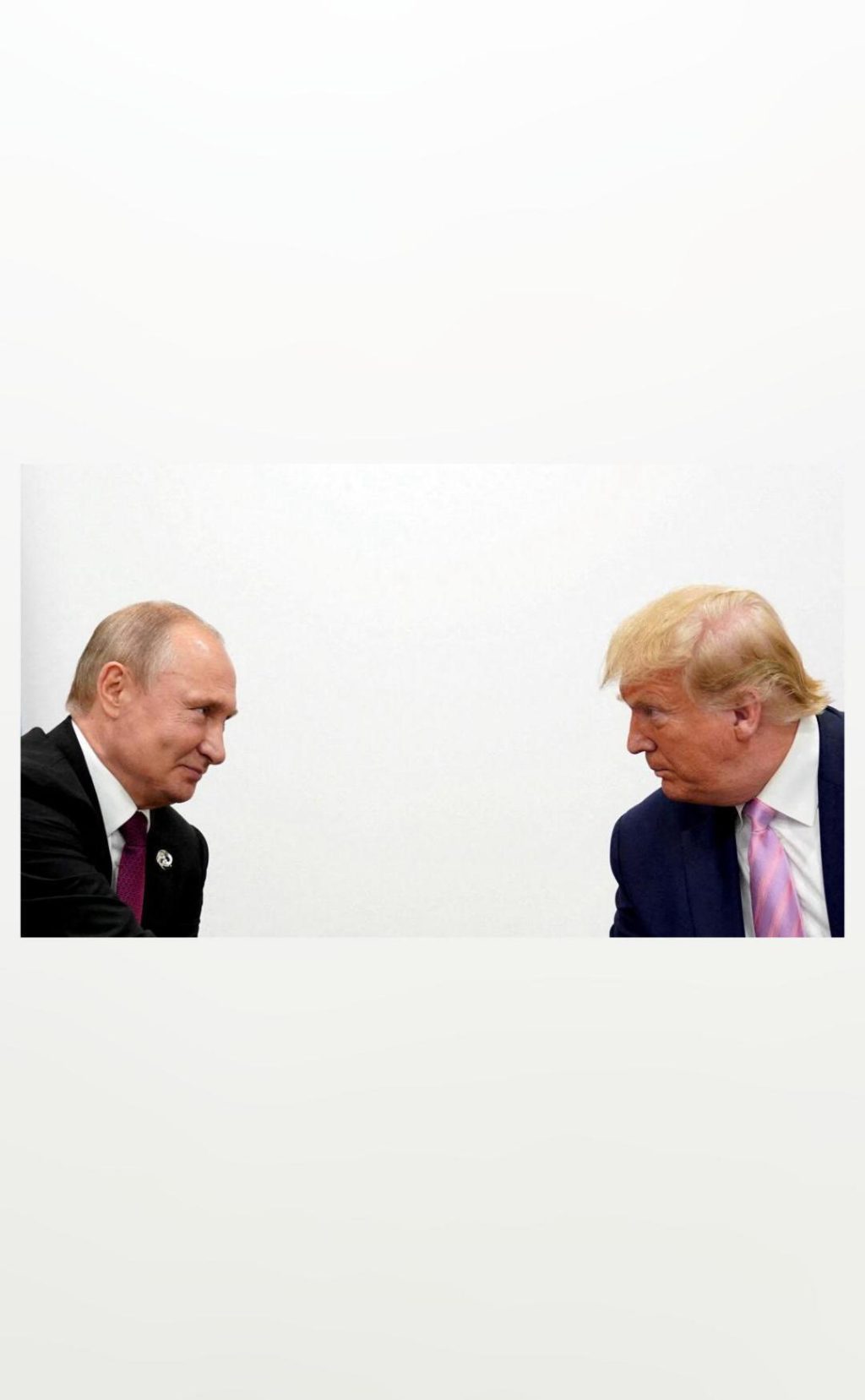
US Sides with Russia & Refuses to Blame it for Ukraine War at UN
As the war in Ukraine entered its third year, the United Nations General Assembly voted on a resolution demanding the immediate withdrawal of Russian troops from the country. However, in a surprise move, the United States sided with Russia, abstaining from voting on the resolution. This marked a significant departure from the US’s stance under former President Joe Biden, where it consistently voted with European nations to condemn Russia’s actions.
The resolution, sponsored by European countries, demanded an immediate and unconditional withdrawal of Russian troops from Ukraine, as well as the restoration of Ukraine’s sovereignty and territorial integrity. The resolution was adopted by a vote of 107 in favor, 31 against, and 59 abstentions. The US, along with Russia, was one of the countries that abstained from voting.
India, China, and Brazil were among the countries that abstained from voting, while several other countries, including Pakistan, North Korea, and Syria, voted against the resolution. The US’s decision to abstain from voting has raised questions about its stance on the ongoing conflict in Ukraine.
The war in Ukraine began in February 2022, when Russia launched a large-scale invasion of the country. The conflict has resulted in significant human suffering, with thousands of civilians killed or injured, and millions displaced. The international community has imposed severe economic sanctions on Russia in response to its actions, and many countries have provided military and economic aid to Ukraine.
The US’s decision to abstain from voting on the UN resolution has been widely criticized by Ukrainian officials and human rights groups. Ukraine’s ambassador to the UN, Sergiy Kyslytsya, said that the US’s decision was “unacceptable” and that it would have a “negative impact” on the situation in Ukraine.
“This resolution is not a political statement, it’s a humanitarian necessity,” Kyslytsya said. “The US has failed to uphold its commitment to international law and the principles of sovereignty and territorial integrity.”
The US’s decision to abstain from voting has been defended by the Biden administration, which has said that it was not taken lightly. A spokesperson for the US mission to the UN said that the US was “deeply concerned” about the situation in Ukraine and that it continued to support Ukraine’s sovereignty and territorial integrity.
“We are committed to working with our international partners to find a peaceful and diplomatic resolution to the conflict,” the spokesperson said. “Abstaining from voting on this resolution does not mean that we are not committed to upholding international law and the principles of sovereignty and territorial integrity.”
The US’s decision to abstain from voting has been seen as a significant departure from its previous stance on the conflict. Under former President Biden, the US consistently voted with European nations to condemn Russia’s actions and impose economic sanctions.
It is unclear what motivated the US to change its stance on the conflict. However, it is possible that the Biden administration is seeking to find a diplomatic solution to the conflict and is willing to work with Russia to achieve this goal.
The US’s decision to abstain from voting has also raised questions about the effectiveness of international diplomacy in resolving conflicts. The UN has historically played a key role in resolving conflicts and promoting international peace and security. However, the US’s decision to abstain from voting on the resolution suggests that the UN may not be as effective as it once was.
In conclusion, the US’s decision to abstain from voting on a UN resolution demanding the withdrawal of Russian troops from Ukraine is a significant development that has raised questions about the country’s stance on the conflict. While the US has a long history of supporting Ukraine’s sovereignty and territorial integrity, its decision to abstain from voting suggests that it may be seeking to find a diplomatic solution to the conflict. The effectiveness of international diplomacy in resolving conflicts remains to be seen.



